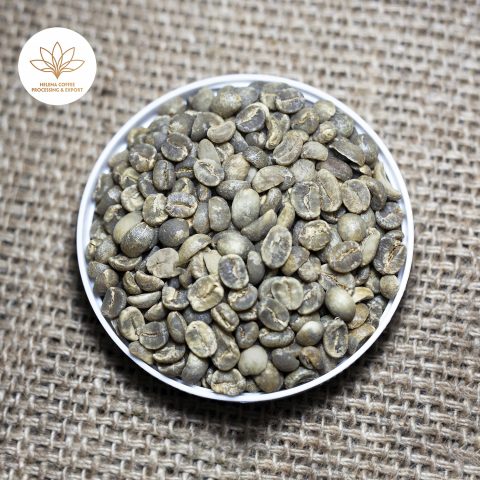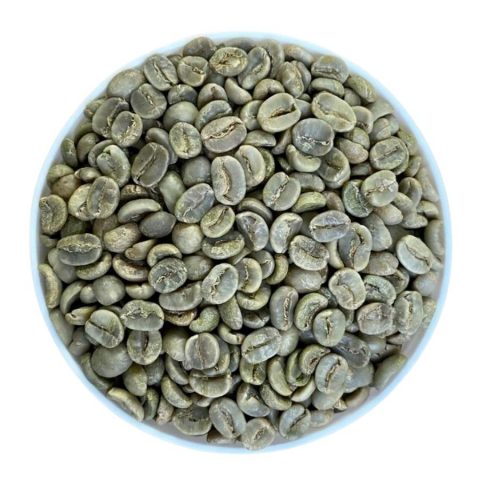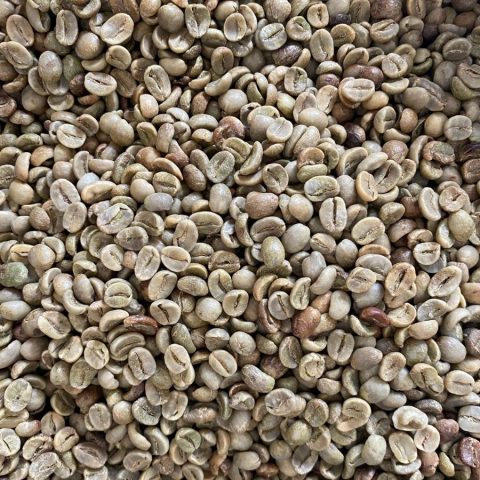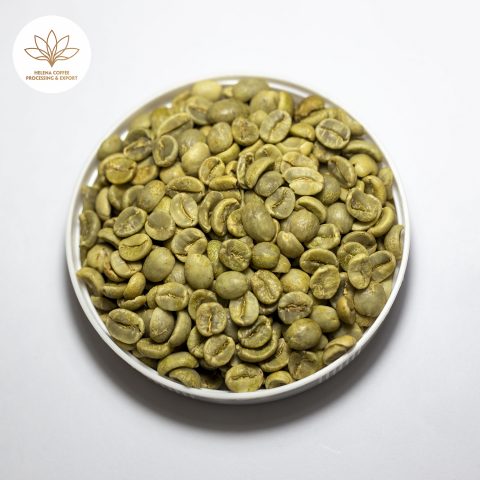Arabica Natural Processed Coffee Beans – S18, S16
- Home
- Products
- Vietnamese Arabica Green Coffee Beans
- Arabica Natural Processed Coffee Beans – S18, S16
Arabica Natural Processed Coffee Beans – S18, S16
$6.00 $5.80
- Variety: Arabica
- Region: Lam Dong
- Elevation: 1150m
- Processing: Natural
- Ripe Rate: 90-91%
- Moisture: 12.5%
- Foreign Matter: 1%
- Black: 1%
- Broken: .1%
- Rate on Sieve: 90%
- Bean size (Sieve): S18, S16
- Capacity: 6000 tons/year
- Price per kilogram: $/kg
Related products



Arabica Natural Coffee Beans – S18, S16: Coffee after being harvested will be preliminarily processed before being put into the warehouse for storage or export, and delivered to the customer’s warehouse.
Over the years, there are many ways to prepare coffee, all of which are intended to preserve the quality of the green beans and give the best flavor. However, there are two basic methods of preliminary processing: dry processing, also known as natural processing, and wet processing.
1. What is Arabica Natural Coffee Beans processing?
Natural processing, dry processing, or natural sun drying are all names that refer to the same way of preparing coffee. Hereafter we will call by dry processing. According to this processing method, the coffee cherries, after being picked, will be dried on a flat surface to be exposed to direct sunlight.
In order for the coffee beans not to go rancid, they will be stirred and stirred several times a day and covered at night to avoid frost or rain. This coffee dry processing process can last from 3-6 weeks. This is the most traditional way of processing coffee.
2. Does dry processed coffee produce good Arabica coffee?
Dry processing is not highly stable. If you want your coffee to have an ethereal fruity taste, and a sweet, full aftertaste, the dry processing will take a lot more effort than the wet process. While picking coffee, pickers, no matter how careful they are, will leave behind young as well as half-ripe fruits. If these unripe or underripe fruits are not filtered out of the drying batch during the first days.
These young fruits will also change color to brown like the ripe ones. This will make it difficult for us to distinguish between ripe and unripe fruits later. And, if you accept these young fruits in your coffee, the result will not be complete with the smell of young fruit in your coffee.
3. Features of Arabica Natural processing method
According to this processing method, the coffee cherries, after being picked, will be dried on a flat surface to be exposed to direct sunlight. In order for the coffee beans not to go rancid, they will be stirred and stirred several times a day and covered at night to avoid frost or rain.
This is the most traditional way of processing coffee. This processing method is applied in many coffee gardens around the world as well as in Vietnam. Compared with wet processing, dry processing is relatively lower in cost, making it more accessible to many coffee farmers.
Certifications



Discover the Alluring Aromas of Vietnamese Arabica Coffee
Vietnamese Arabica coffee captivates the senses with its exquisite flavors, hailing from the enchanting highlands of Cau Dat – Da Lat. As the country’s hidden gem, this exceptional bean boasts a unique and refined taste profile that sets it apart from its more widely-known counterpart, Robusta.
The cool climate and fertile soil of Cau Dat – Da Lat nurture these Arabica beans to perfection, allowing them to develop their full aromatic potential. As you indulge in the rich and complex notes of Vietnamese Arabica, you’ll uncover a delightful world of flavors that embody the dedication and passion of its growers.
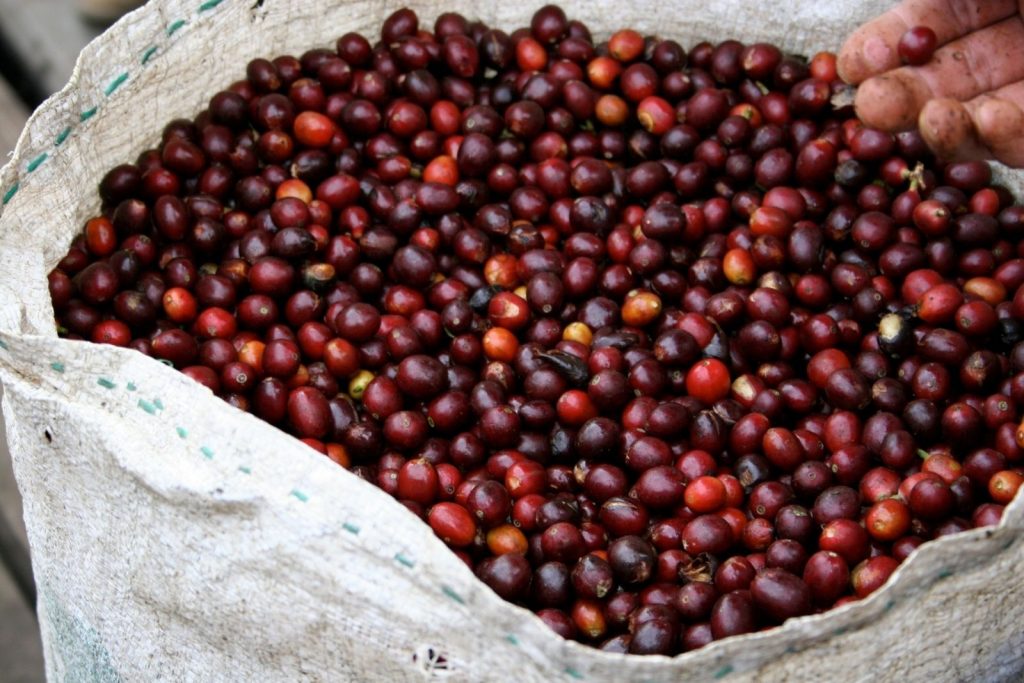
Environment
Precipitation, temperature, and humidity have a lot of say in a coffee’s maturation, overall flavor, and quality. Many coffee-producing countries are either primed for growing success or use alternative methods to improve their ecosystem.
Precipitation
1500m+
Temperature
17℃
Humidity
71%
Attitude
Elevated at over 1500 meters above sea level, the captivating Cau Dat – Da Lat region features a consistent temperate climate, with maximum temperatures never surpassing 33°C and minimums remaining above 5°C. The area’s fertile basaltic soil presents the optimal conditions for cultivating premium Arabica coffee.
Cau Dat’s distinguished Arabica exhibits a sophisticated blend of mild acidity and a hint of bitterness. Its transparent amber hue embodies the pristine environment from which it originates. The refined aroma harmonizes notes of syrup, fresh fruits, honey, toasted bread, and sunlit afternoons, creating a memorable sensory experience that captivates even the most discerning coffee aficionados.
Cau Dat’s Arabica confidently stands among the world’s elite coffee varieties, showcasing its unparalleled quality and the extraordinary potential of Vietnamese coffee.
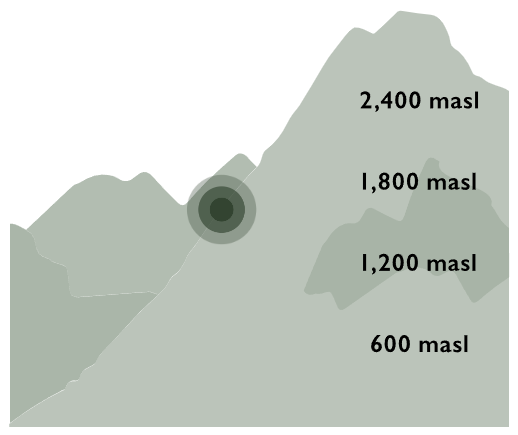
Processing
A coffee’s process describes how the seed (aka the coffee bean) is separated from the coffee cherry. Popular methods include washed, dry, and honey, but there are many other processes that put special emphasis on different aspects of these methods.
Washed
Fully Washed
Dried
Sun-dried
Natural
Fully Washed
Timeline
Harvest and export times are based off when a particular coffee will be at its peak quality. Cherries picked at the start of the harvest season tend to be underdeveloped, and those picked at the end are often overdeveloped, so producers aim for that sweet
Harvest
Export
Dec – Sept
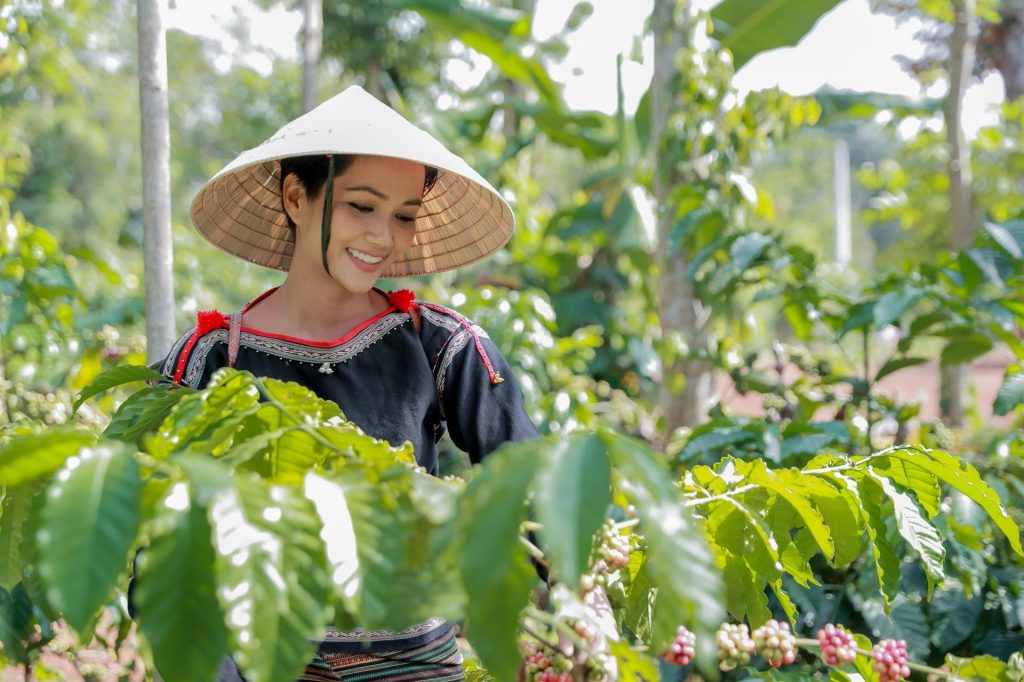
Cau Dat - Da Lat
Nestled just 24km from Da Lat city in Lam Dong Province, Cau Dat resides within the renowned Central Highlands of Vietnam. Boasting an ideal elevation and climate, this region has emerged as one of the premier locations for growing exceptional Arabica coffee.
With a vast expanse of 1,110 hectares dedicated to coffee cultivation—86% of the agricultural area—Cau Dat focuses predominantly on Arabica coffee, which makes up 98% of the total coffee crop. Remarkably suited to the local natural conditions, Cau Dat’s coffee plants thrive with minimal impact from pests. Each hectare yields an impressive 18-20 tons of fresh coffee cherries, equivalent to 4 tons of coffee beans, outpacing productivity in many other regions.
Discover the magic of Cau Dat’s Arabica coffee, where the perfect blend of elevation, climate, and dedication to quality come together to create a truly remarkable and unforgettable coffee experience.
Cau Dat has a total area of 1,110 hectares of coffee growing, accounting for 86% of the agricultural area. Especially, the area for Arabica coffee accounts for 98% of the total. Cau Dat coffee species generally really suit the natural conditions of this land and barely get affected by pests. Each hectare of the cultivated area can provide 18-20 tons of fresh coffee berries, equivalent to 4 tons of coffee beans. The productivity is much higher than other types.

